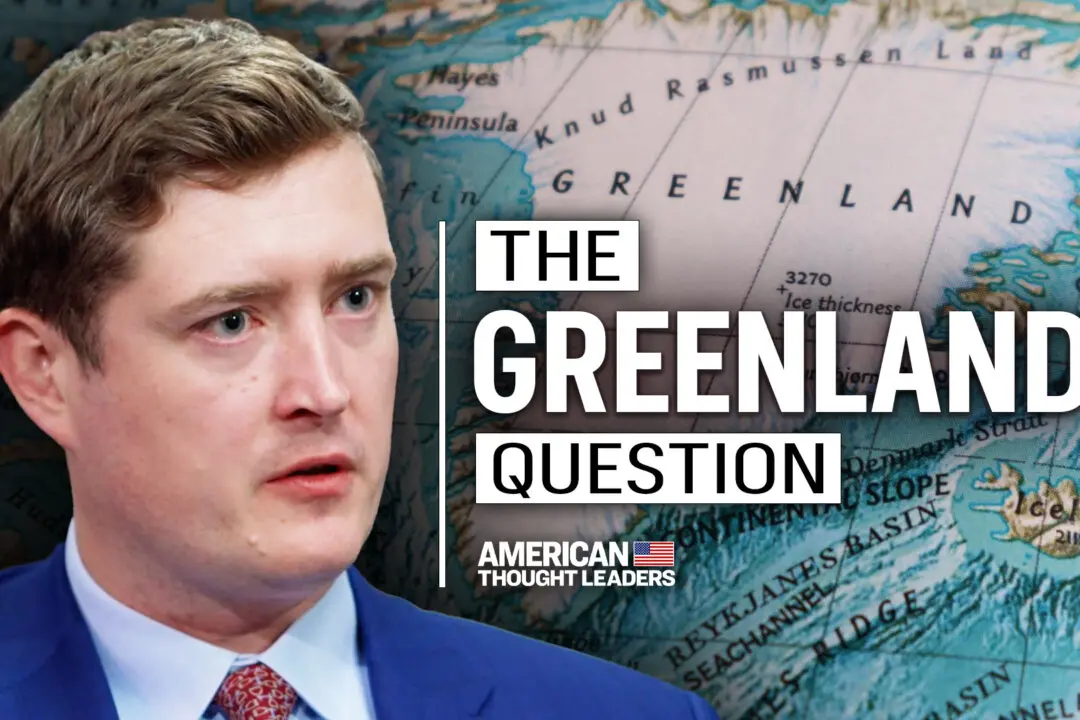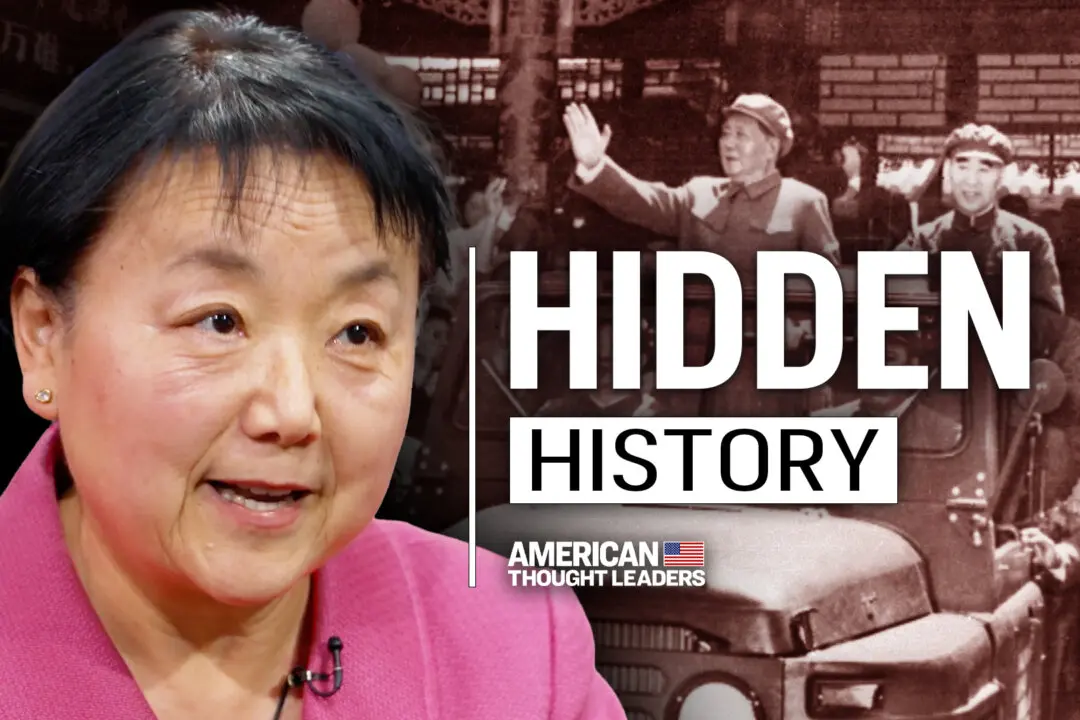Liberal democracies that stand up to China’s communist regime aren’t merely helping Hong Kong, they are actually defending themselves against a growing encroachment by that regime, says Alan Leong, chairman of Hong Kong’s pro-democracy Civic Party.
“You have to watch Hong Kong, and by looking at what is happening in Hong Kong on the ground during, in particular, the last six months, you will actually be seeing your future, if you do not act now,” Leong said, in an interview with The Epoch Times for the “Voices from Hong Kong” special series of the “American Thought Leaders” program.





